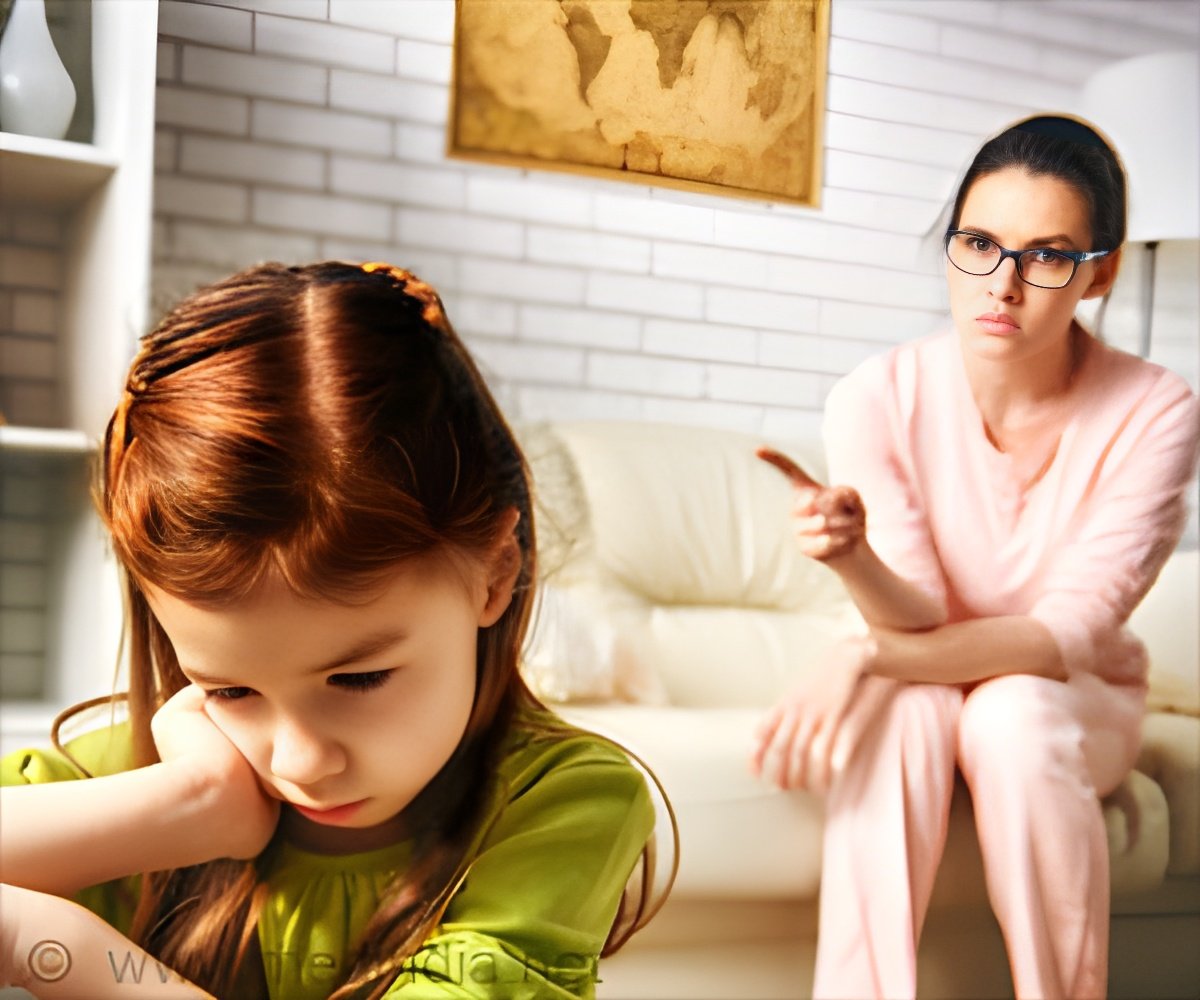Parents of lesbian, gay, bisexual, transgender and queer (LGBTQ) children feel unequipped and uncomfortable discussing healthy sexual relationships with their kids.

‘Parents feel unequipped and uncomfortable to discuss sex with their lesbian, gay, bisexual, transgender and queer (LGBTQ) teens as most are unaware of what constitutes safe LGBTQ sexual practices.’





"Parents play an important role in helping their children learn how to have healthy sexual relationships, but they really struggle when discussing this with their LGBTQ teens," said lead author , an assistant professor of medical social sciences at Northwestern University Feinberg School of Medicine. In contrast to heterosexual youth, very little research has previously been conducted on the relationships between LGBTQ youth and their parents, and how parenting can affect children’s sexual behaviors.
Parents in the study reported that they face many challenges when trying to educate their LGBTQ children about sex. These challenges include general discomfort with talking about sex with their children, as well as feeling unequipped to provide accurate advice about what constitutes safe LGBTQ sexual practices.
"My challenge around talking about sex is that I have no idea what sex is really like for men, especially for gay men," commented one mother in an online focus group.
Another parent sent her bisexual daughter to a lesbian friend to talk to her about "gay sex."
"I felt challenged that I’m straight, my daughter is dating a gal, and I didn’t know anything about that," the mom said. "All my sex talks were about how not to get pregnant and how babies are conceived."
One parent reported feeling isolated in handling sex talks with her gay child. "I don’t have an opportunity to talk to other parents whose kids are LGBTQ," she said.
"We need resources to help all parents -- regardless of their child’s sexual orientation or gender identity -- overcome the awkwardness and discomfort that can result from conversations about sexual health," said Newcomb, associate director for scientific development at the Institute for Sexual and Gender Minority Health at Feinberg.
The Institute for Sexual and Gender Minority Health conducted the survey examining attitudes toward talking about sexual health from the perspective of parents of LGBTQ teens.
The study was published March 26 in the journal Sexuality Research and Social Policy. There were 44 participants in the study who were parents of LGBTQ adolescents ages 13-17.
"Having a healthy and supportive relationship with parents is one of the strongest predictors of positive health outcomes in teens, and this is true of both heterosexual and LGBTQ teens," Newcomb said. "Many parents and their LGBTQ teens want to have supportive relationships with one another, so if we can design programs to strengthen these relationships, it could have a tremendous impact on LGBTQ teens’ health and well being."
The Institute also recently published a separate study in the Archives of Sexual Behavior focused on talking about sex from the perspective of LGBTQ adolescents.
"We found that many of the gay and bisexual male youth in our study wanted to be closer to their parents and to be able to talk about sex and dating," said lead author Brian Feinstein, a research assistant professor at the institute. "However, most of them said that they rarely, if ever, talked to their parents about sex and dating, especially after coming out. And, even if they did talk about sex and dating with their parents, the conversations were brief and focused exclusively on HIV and condom use."
Participants in the youth study were ages 14-17 and identified as gay or bisexual males.
Brian Mustanski, director of Institute for Sexual and Gender Minority Health and professor of medical social sciences at Feinberg, noted, "Research on family relationships is a high priority for us because it is an extremely understudied area, and parents are asking us for advice. We need new research to give these parents the right answers."
Source-Eurekalert











